In Soc Trang , the drought and saltwater intrusion situation is becoming more severe. Farmers in many localities have many solutions to adapt to drought and saltwater intrusion.
Notable models include freshwater storage models in ponds and ditches, water-saving sprinkler irrigation models, and crop restructuring to adapt to drought and salinity intrusion.
Fresh water storage
In Long Phu district (Soc Trang), the drought and saltwater intrusion situation has been complicated in recent days, seriously affecting many areas of rice, fruit trees and vegetables.
Mr. Lam Van Vu, Head of the Department of Agriculture and Rural Development of Long Phu district, said: To adapt to the recent drought, the district's agricultural sector has implemented many solutions such as recommending people to use drought-resistant crop and livestock varieties, mobilizing farmers to change production structure, storing fresh water in ponds and garden ditches to serve production...
Thereby, the model of storing fresh water in ponds, ditches, and water-saving sprinkler irrigation is bringing positive results.

Saltwater prevention sluices in Soc Trang province are closed to store fresh water and prevent saltwater intrusion. Photo: Tuan Phi - VNA
This year, Mr. Le Van Duc's family in Tan Thanh Commune, Long Phu District (Soc Trang Province) invested in dredging a pond of about 1,000 square meters to store fresh water for irrigation of more than 1 hectare of family crops. To save water, the family invested in a misting irrigation system using plastic pipes.
Mr. Le Van Duc said that in recent years, during the dry season, salt water has penetrated deep into the fields. Sometimes, the salinity of the water in the canals exceeds 1 part per thousand, so it cannot be pumped into the rice fields or irrigated for crops.
Seeing this, the family boldly invested in dredging the pond to store fresh water for irrigation of crops. Currently, the family produces more than 1 hectare of various vegetables that are yielding good harvests, with selling prices 20% higher than when there was no drought or salinity.
Not far away, Mr. Tien Van Ngoan's family (Tan Thanh commune, Long Phu district, Soc Trang province) took advantage of the available garden ditch, dredged it to keep fresh water to irrigate a sweet passion fruit garden of more than 1 hectare.
Mr. Ngoan said that in recent years, the drought and salinity situation has been complicated. Learning from previous years, this year when the salt water has not yet penetrated, the family has taken advantage of the opportunity to fill the ditches with water and close the culverts (the family's personal culverts) to reserve water for irrigation of the garden during the dry season.
According to the leader of Long Phu District People's Committee, based on information from the National Center for Hydro-Meteorological Forecasting, in the dry season of 2023-2024, saline intrusion in the Mekong Delta region will be higher than the average of many years, most severe in March 2024.
The Long Phu District People's Committee has directed the agricultural sector to coordinate with localities to strengthen propaganda and warnings about the situation of drought and saltwater intrusion so that people can proactively take response measures. In particular, it is necessary to focus on developing freshwater storage models for production and implementing appropriate crop restructuring.
Transform to adapt

Cucumber growing model applying water-saving sprinkler irrigation technology in Long Phu district, Soc Trang province. Photo: Tuan Phi - VNA
The leader of the People's Committee of My Xuyen district (Soc Trang province) said that the district always pays attention to directing the implementation of restructuring crops and livestock to adapt to climate change; aiming to suit the soil of each region, forming effective production models.
In the dry season of 2024, with the forecast of severe saline intrusion, the District People's Committee has directed the conversion of some ineffective rice growing areas in areas at risk of freshwater shortage for production (due to saline intrusion) to growing vegetables to save water.
Mr. Le Hong Quang, Vice Chairman of Thanh Phu Commune People's Committee, My Xuyen District, said: Every year, salinity often intrudes, causing drought and lack of water for production in some areas of the commune; local authorities have encouraged farmers to promote the conversion from rice cultivation to watermelon cultivation in the fields (planted on the rice fields).
According to Mr. Quang, the locality is currently mobilizing people to implement nearly 50 hectares of crop rotation to produce 2 rice crops and 1 color crop per year to ensure water resources in the context of climate change, salinity intrusion, drought and to limit the situation of diseases and pests.
Mr. Thach Giau (Thanh Phu commune, My Xuyen district, Soc Trang province) has planted more than 0.6 hectares of watermelon in his field this year. According to him, Giau, if rice production consumes a lot of water, watermelon only needs to be watered twice a day, saving more than 80% of water compared to rice cultivation.
Because watermelon production is easy to consume and gives 3 times higher income than rice cultivation, with this area, his family has an income of over 50 million VND, while taking care of it is also easier than other vegetables.
The leader of the Department of Agriculture and Rural Development of Soc Trang province said that to ensure production safety, the Department requested localities to continue to closely monitor information on water resources and saltwater intrusion forecasts to increase the operation of irrigation works to take and store fresh water in the fields; specifically delineate areas of crops, especially fruit trees, at risk of drought and saltwater intrusion to store water in reserve.
Soc Trang province is currently proactively increasing information on water resources and saltwater intrusion on mass media so that people can respond promptly; use fresh water efficiently and economically, and share water resources in local production activities.
Localities have also proactively checked water sources before taking water for pumping and irrigation in agricultural production.
The provincial agricultural sector recommends that people need to follow instructions on drought and salinity prevention and care for crops and livestock to achieve the best results and gradually adapt to increasingly severe climate change.
Source



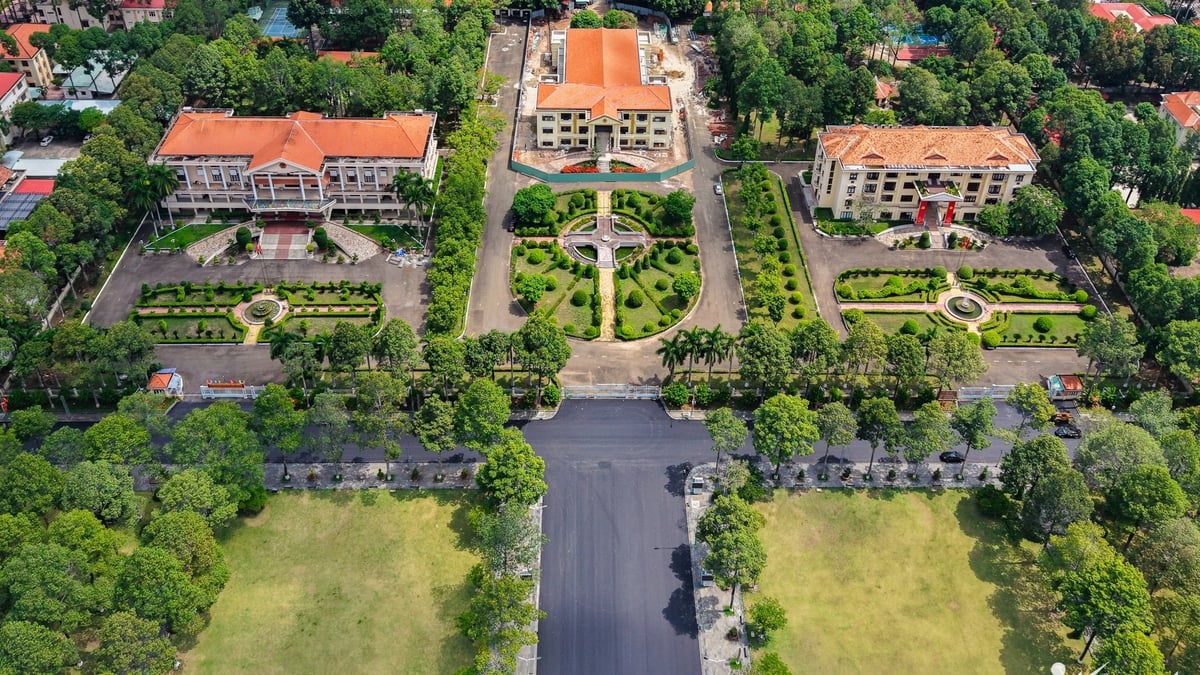

![[Photo] National Assembly Chairman Tran Thanh Man meets with Thai Prime Minister Paetongtarn Shinawatra](https://vphoto.vietnam.vn/thumb/1200x675/vietnam/resource/IMAGE/2025/5/15/e71160b1572a457395f2816d84a18b45)

![[Photo] Prime Ministers of Vietnam and Thailand visit the Exhibition of traditional handicraft products](https://vphoto.vietnam.vn/thumb/1200x675/vietnam/resource/IMAGE/2025/5/15/6cfcd1c23b3e4a238b7fcf93c91a65dd)


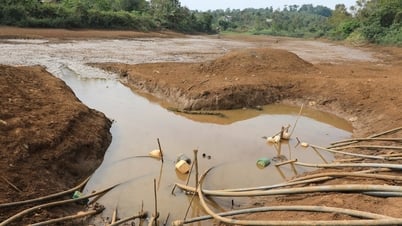


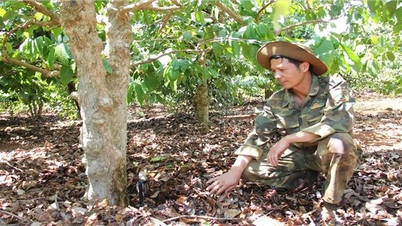




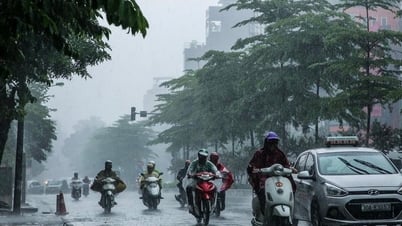



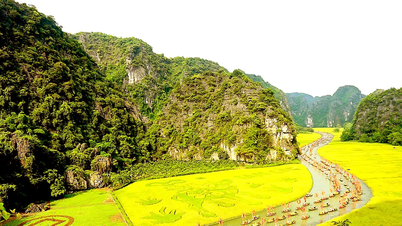



















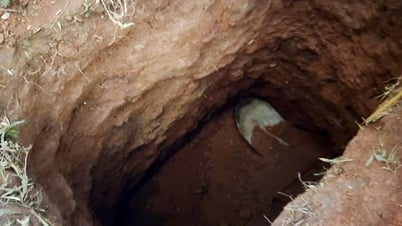








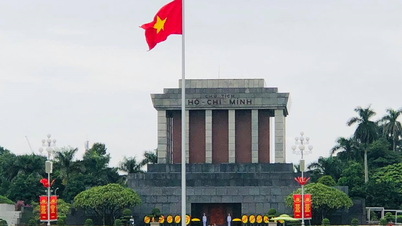




















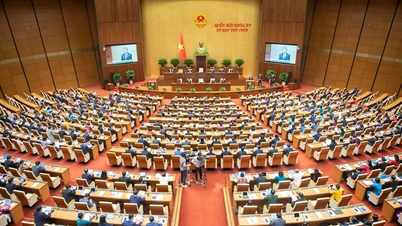




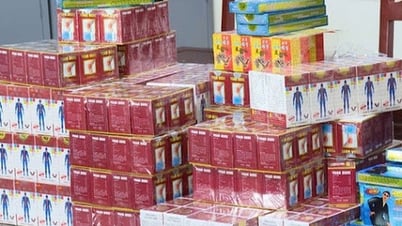








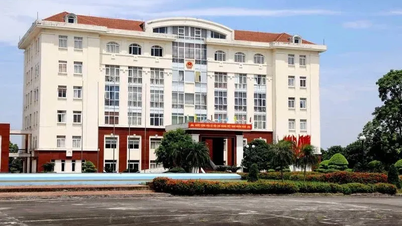




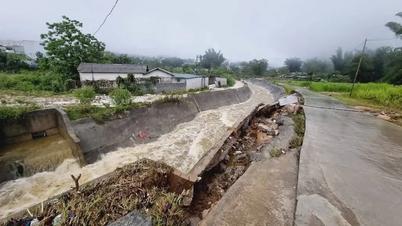






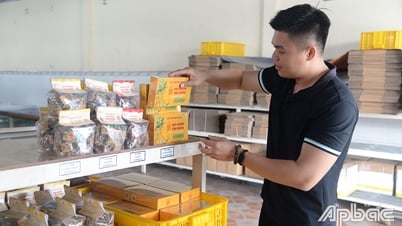




Comment (0)